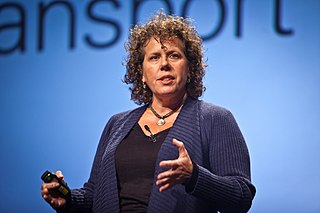A Quote by Phil Taylor
We remain unconvinced that consumer appetite for mobile TV services exists outside of niche segments.
Related Quotes
A movie is a mass consumption product. I have got no delusions about being niche. I don't want to be niche. Though in the earlier part of my career I was into niche cinema, doing independent films - and I do have a revolutionary bent of mind - but you cannot make a change from outside; you have to be a part of it.
We are very pleased with Vodafone's decision to adopt Windows Mobile as a preferred software platform for its mobile business. Together, we will deliver services which we expect will help Vodafone achieve cost-efficiencies while delivering new propositions to its customers, thus making Windows Mobile an even more compelling platform.
Consumer Christianity is now normative. The consumer Christian is one who utilizes the grace of God for forgiveness and the services of the church for special occasions, but does not give his or her life and innermost thoughts, feelings, and intentions over to the kingdom of the heavens. Such Christians are not inwardly transformed and not committed to it.
The United States has an unfair advantage, as most of the popular cloud services, search engines, computer and mobile operating systems or web browsers are made by U.S. companies. When the rest of the world uses the net, they are effectively using U.S.-based services, making them a legal target for U.S. intelligence.
In Indonesia, Qualcomm, in a joint project with Grameen Foundation, has provided a range of mobile phone-based services to individuals. This project facilitates the creation of businesses for those living at the bottom of the economic pyramid and, at the same time, extends telecommunication access to people who cannot afford a mobile phone.





































